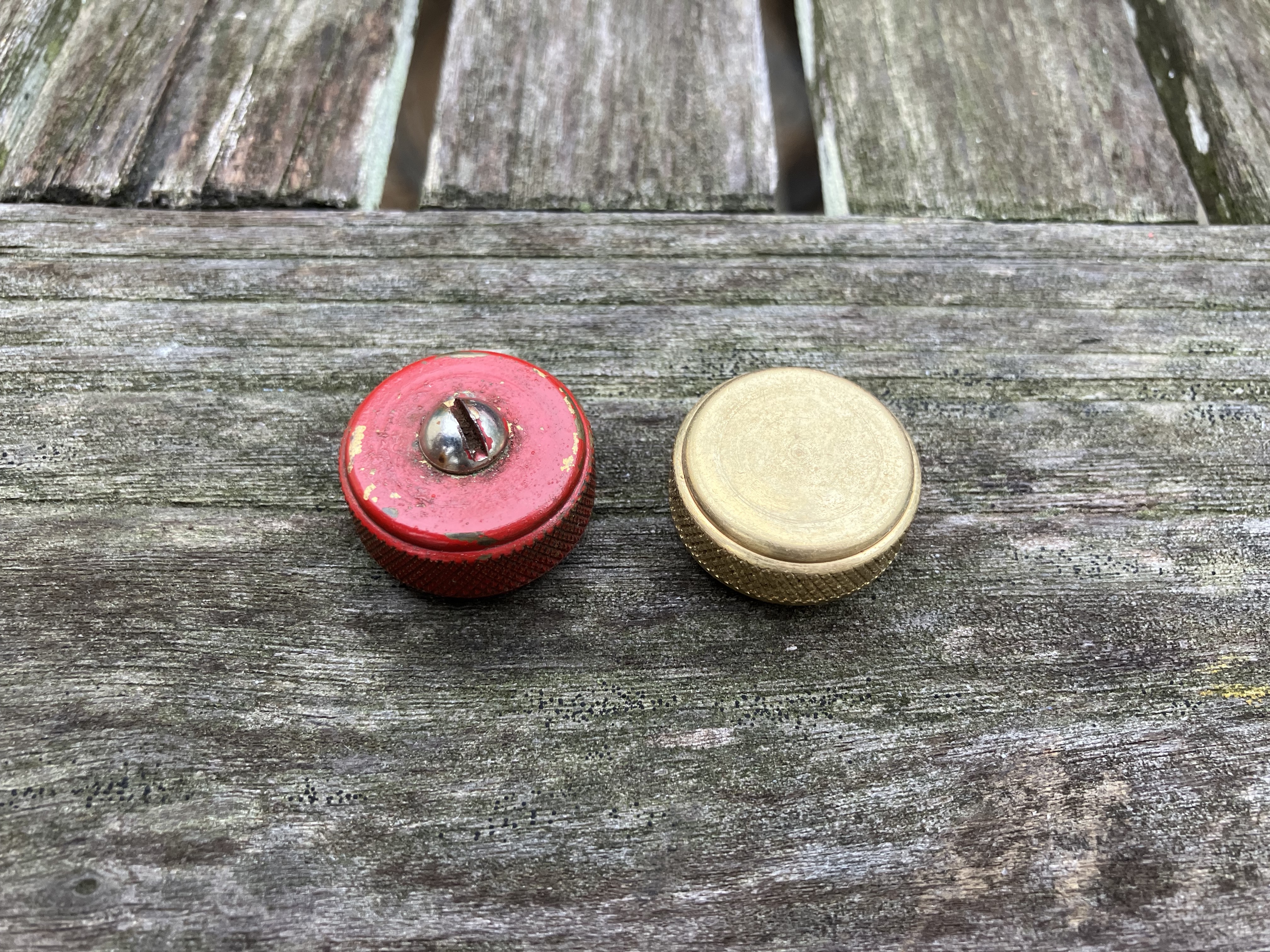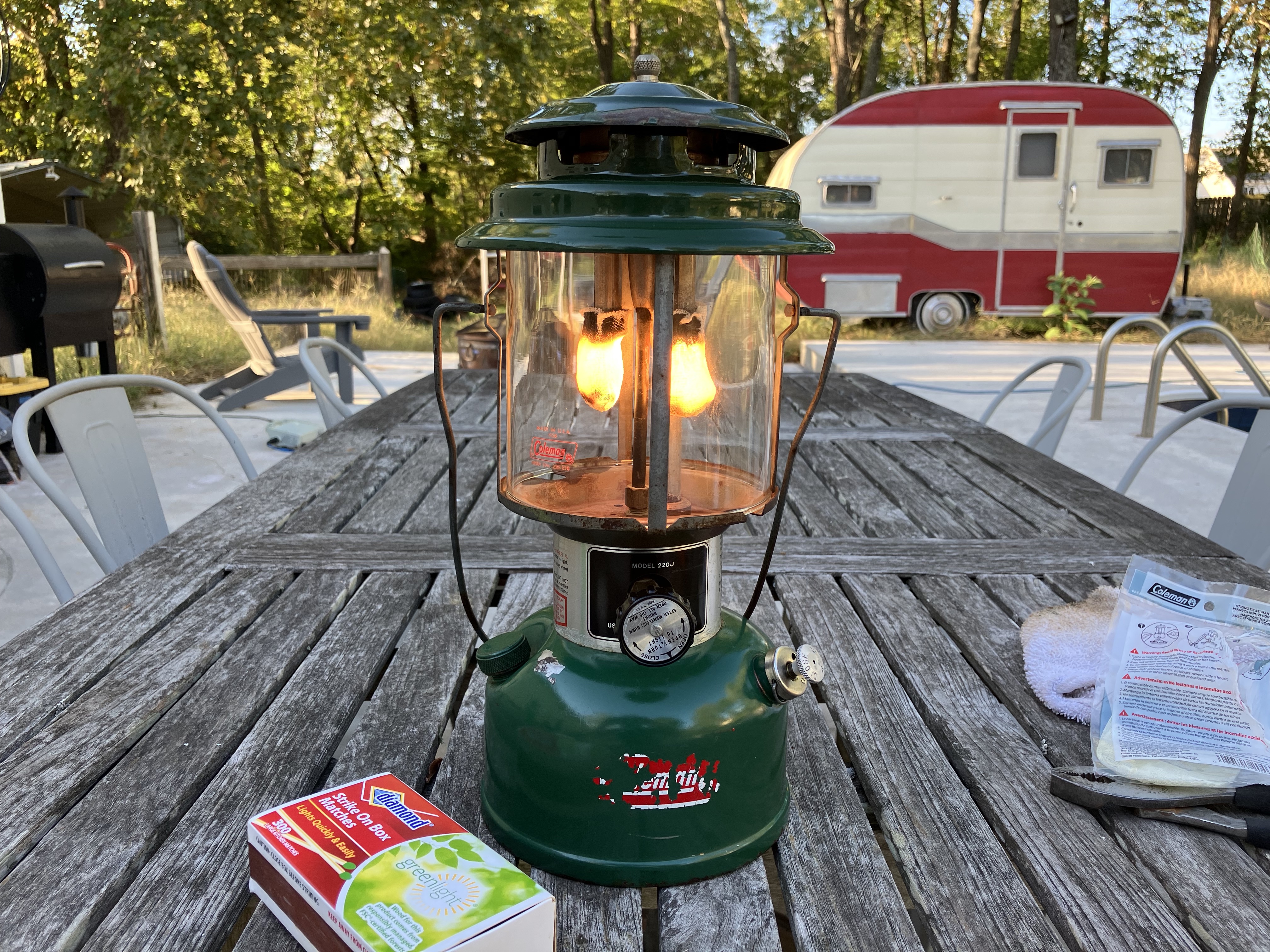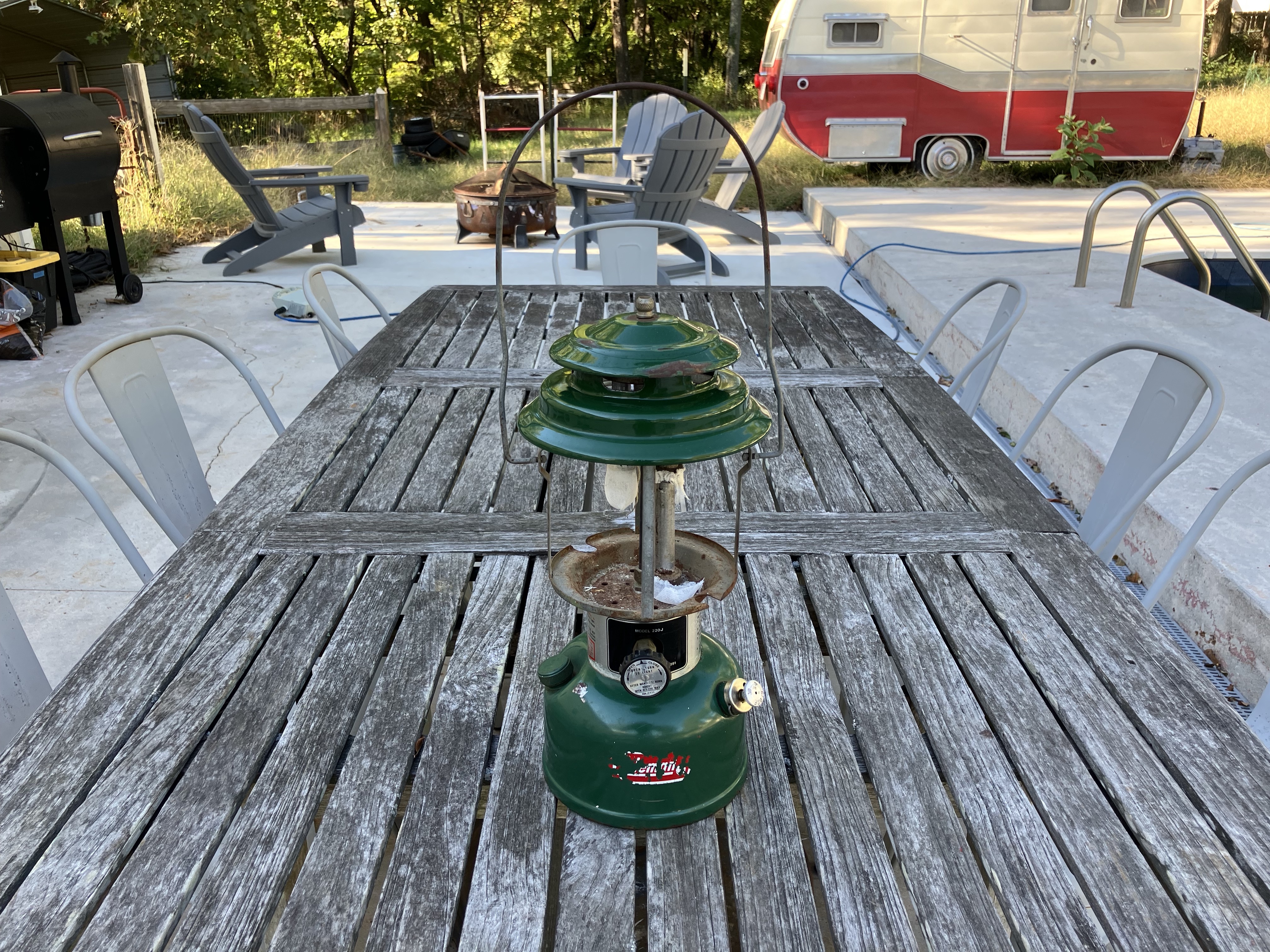I’m working through an idea centered around holding the middle between two seemingly opposing ideas. This is a theme that has come up a lot in my marriage, where my wife, who is very black-and-white, tends towards one extreme or the other, and I tend to propose holding the tension of the so-called middle ground.
I don’t want to confuse this with the argument to moderation, as I’m not saying we should find the compromise in every situation. Rather, I think our world is filled with many paradoxes, or apparent paradoxes, and it can be valuable to learn how to hold the tension of those paradoxes instead of veering to one side or the other of them.
I recently read Return of the Strong Gods by R. R. Reno, in which he lays out the case that the anti-fascist post-war consensus essentially throws the baby out with the bathwater: if strong gods, as he calls them, can lead towards fascism, then we must avoid all strong gods, such as absolute truth (this is admittedly an oversimplification of his argument). However, the tension of holding some strong gods (not the ones that lead to fascism) leads to better outcomes for society than rejecting all strong gods in favor of weak gods.
As humans, we have a propensity to lean towards extremes. Holding the middle ground, the tension, is uncomfortable and, in a way, unnatural. It’s, well, work. We can relax at the extremes, but in the middle, we have to hold the tension.
Another example, also from Return of the Strong Gods, is the false dichotomy between individualism and collectivism. This is not an argument that R. R. Reno makes, and I may be abusing the definitions of these terms, but my thinking here is that individualism and collectivism are not diametrically opposed. Drawing on the study of symbolism by Jonathan Pageau, I think another perspective is to view individualism as a smaller scale and collectivism as a larger scale of the same symbols, the same principles. This also draws on Plato’s Republic and the forms that can be found at both the individual level (the parts of the soul) and the city-state level (the parts of society). Through this lens, it’s easier to see that individualism at the exclusion of collectivism (anarchy) is just as harmful as collectivism at the exclusion of individualism (communism). Instead, we need to see the value in both and hold them in tension: we need to find the middle ground.
As a Christian, I also find numerous instances of paradoxes or apparent paradoxes that many believers and non-believers alike struggle to reconcile. There’s a tradition of holding these paradoxes and calling them mysteries, which I’m quite partial to: it’s an acknowledgment of our limited understanding while retaining our faith that they must be true. The classic example is God’s sovereignty versus man’s free will. I think the Bible makes a pretty good case for both, and since they’re hard to reconcile, we are essentially called to believe that both are true and hold that tension. If we veer to one extreme or the other, we end up with heresies on both sides (either we are robots and thus not responsible for our own actions, or our free will overrides God’s sovereignty, making us more powerful than God).
As I said, I’m still working through these ideas, but since they’ve become a recurring theme in conversations with my wife, I’m sure I will have more thoughts to share in the future. In the meantime, it might be worth looking for the middle ground.









